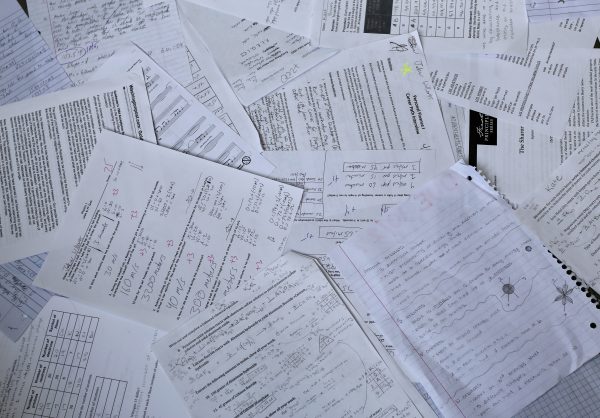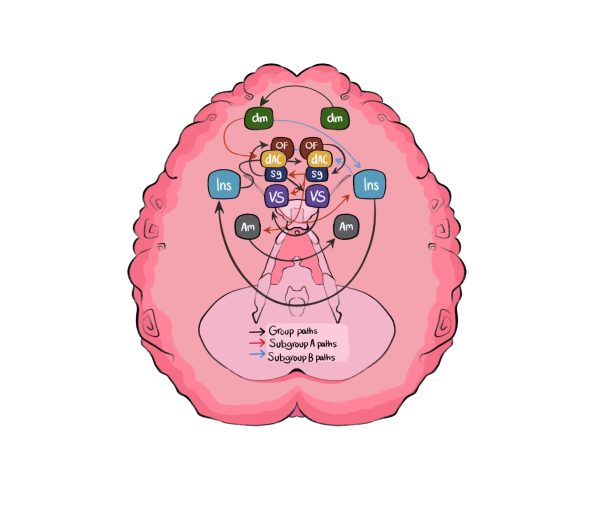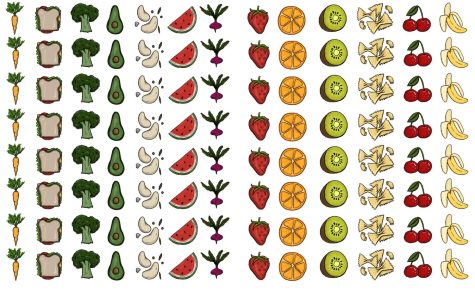Finding a Balance
Laurel Landrum and Courtney Kiley explore their relationship with their family, and how it impacts other aspects of life.
Though a mist of confusion covered it, family was always a matter close to Laurel Landrum’s heart.
In addition to her role as a Spanish teacher, Landrum is also a mother to two young girls. In raising her daughters, Landrum wants to promote confidence, happiness and kindness. But this is easier said than done. Landrum considers her daughters to be rather different from each other. Because of this, she thinks the strategies for raising each of them may differ.
One of her daughters has what Landrum describes as “the Landrum family value of kindness” covered. But this value can present so strongly that her confidence falters.
Landrum’s other daughter carries with her a strong sense of nobility and justice. Though once in a while, these traits take away from empathy.
Landrum acknowledges that her daughters are different people who need different instruction and guidance. However, her daughters don’t necessarily see this.
“They think that it’s unfair,” Landrum said. “Unfairness causes a lot of fights. You can’t explain equity versus [equality] to little kids but they need really different things.”
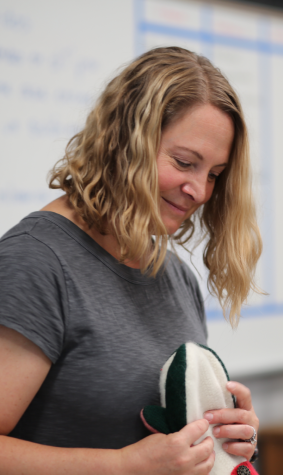 Since becoming a mother, Landrum’s perspective on teaching has changed as well. She feels as though it’s easier to connect with her students, knowing that they’re somebody else’s child. She sees her students as part of a family.
Since becoming a mother, Landrum’s perspective on teaching has changed as well. She feels as though it’s easier to connect with her students, knowing that they’re somebody else’s child. She sees her students as part of a family.
“You start to see [the students] more [through the lens] as a parent,” Landrum said. While Landrum was never directly against having children, she used to feel indifferent about it.
“There’s a period [in your] 20s where you’re pretty narcissistic and you’re not really thinking about other people,” Landrum said.
But as she got older, Landrum realized that family was a huge goal for her. Not only having kids — the concept and value of a family was important to her.
Landrum grew up not recognizing that family was a value, not just an intuitive need.
“I didn’t understand that [family] was something that not everybody has, until I got older and had more perspective,” Landrum said. “I also didn’t understand that that was a value of mine either until I had some juxtaposition and some additional perspective.”
Both Landrum and her husband come from families where connection is a fierce value. She believes that growing up in an environment of love and support made her want to create one. Landrum didn’t always realize this relationship wasn’t a given for everyone. But, as she began to grow up, she realized that her bond to her family was stronger than many other ones.
Landrum couldn’t imagine a world where she didn’t have her family, but she saw that this was a reality for countless others. Landrum sees this generation as a gift and she considers raising her children a blessing.
Courtney Kiley, a science teacher, had always planned on having kids, but her scenario still differs from her fantasies about it in her earlier life.
Kiley’s initial wish was to have two boys. Her goal for said boys was to dress them in matching striped shirts.
Despite this notion, Kiley has two girls, Eliza and Hazel. “When I had my daughters I was like, ‘oh, I’ll just raise them to be awesome women,’” Kiley said.
Although her outcome is different than expected, Kiley raises her daughters in the same manner she would with boys. The attitude Kiley most emphasizes in raising Eliza and Hazel is resilience.
“They’re not always going to be happy,” Kiley said. “But they can make choices in their lives to be the best people and contribute to society.”
Something Kiley found astounding about becoming a mother was the amount of adrenaline and worry she gained for her kids. The feeling felt original and unlike any prior experience. Because of this unfamiliarity, Kiley felt disgusted by how much she loved her firstborn. But, this feeling quickly wore off, as she realized she was simply overwhelmed with affection.
“I’m never not going to worry about another organism for the rest of my life and I really wasn’t anticipating that.” Kiley said. After giving birth to her oldest, Kiley remembers calling her father and gushing to him about how he didn’t warn her about how much she would care about her children. Before that moment, Kiley couldn’t even begin to comprehend an emotion that strong.
“I just didn’t know that I was gonna feel that way towards something else,” Kiley said.
Kiley thinks her kids have impacted how she sees many things in her life–including her job. Since becoming a mother, Kiley thinks she understands her students more.
“Kids are kids, right?” Kiley said. She sees her students’ flaws, not as an accusation or a fault, but a growing pain.
Kiley believes she’s more open and understanding with her students since motherhood. She sees more that her students never have the goal of being bad or doing the wrong things. She feels an added appreciation for not only her students, but their parents. Kiley’s connection has expanded to parents, and she feels as though in some ways, they are experiencing the same sort of thing.
“[My daughters] are students at another school,” Kiley said. “So like, when I see my students, I think about them as other people’s kids.”
Through and through, Kiley’s daughters bring supreme amounts of joy to her life. “There are whole hard moments but in general, we just laugh,” Kiley said.
Parenting is a journey for Kiley and she can’t wait to see what’s in store for her daughters and their generation.
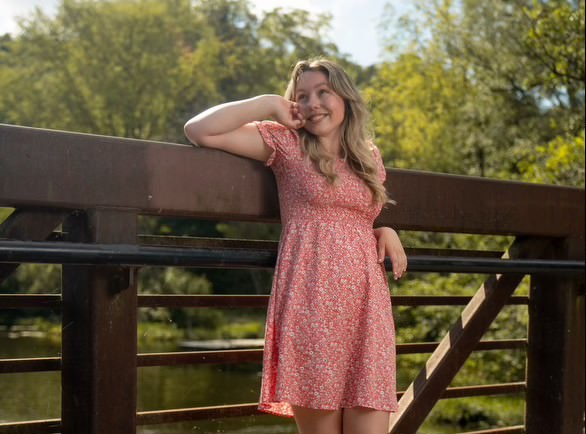



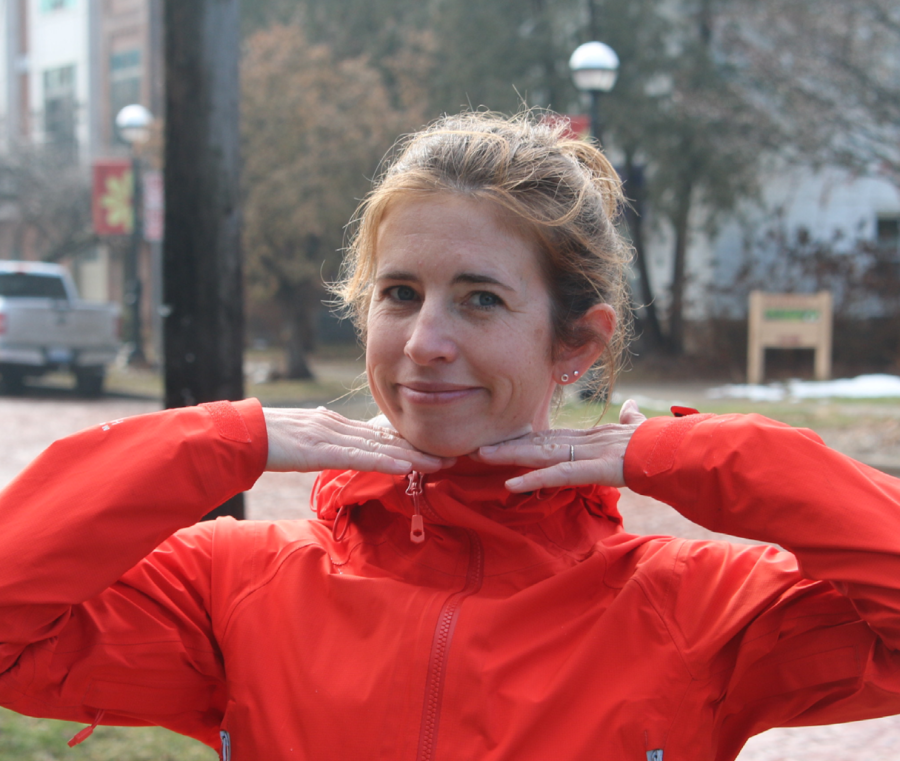
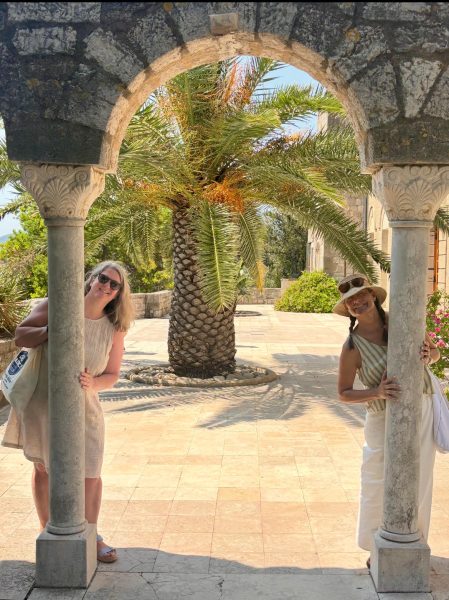
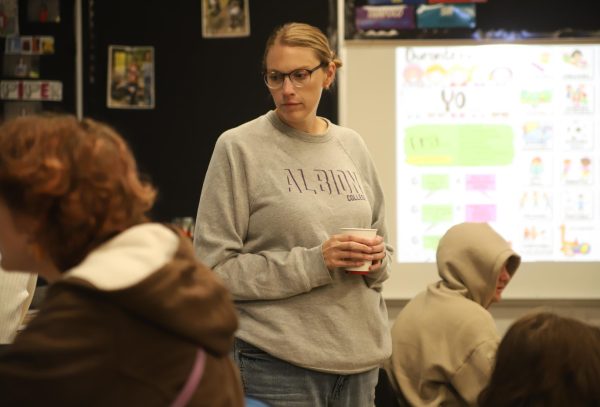
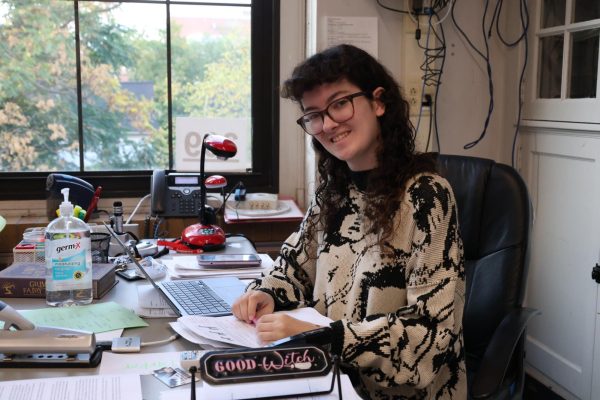
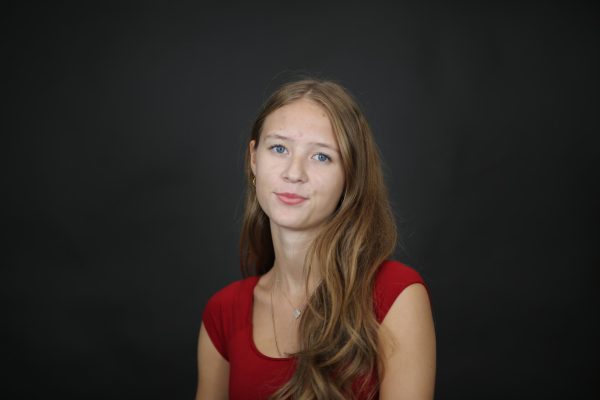
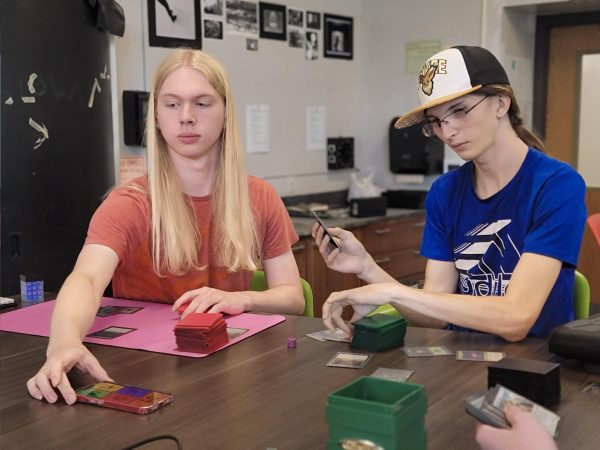
![[Caption]. [] by [Graphic by Sarah Fay] is licensed under [CC BY-NC-].](https://chscommunicator.com/wp-content/uploads/2023/12/mentalhealth_image-600x450.webp)
